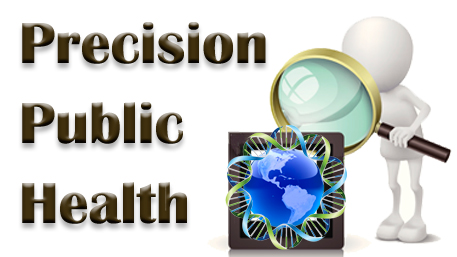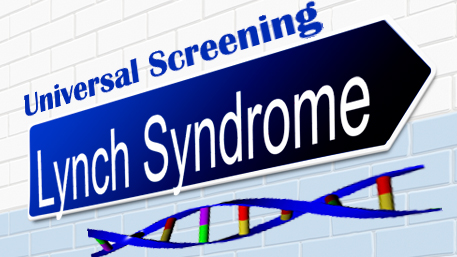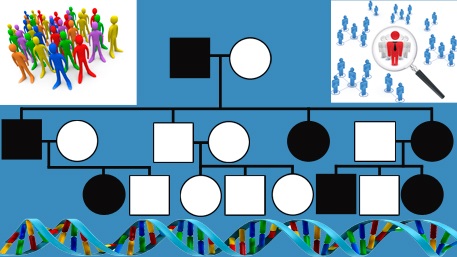Category:
Precision Public Health: What Is It?

In the past two years the term “precision public health” has been increasingly used in the scientific literature and at professional meetings. A quick PubMed search of the term shows 28 papers (as of April 30, 2018) dating back to our 2016 paper, “Precision Public Health for the Era of Precision Medicine.” The papers cover Read More >
Posted on by 1 CommentUniversal Screening for Lynch Syndrome: Can Tumor Sequencing Have a Larger Public Health Impact on Treatment and Prevention of Colorectal Cancer?

Lynch syndrome (LS) is the most common hereditary syndrome associated with increased risk of colorectal cancer (CRC), accounting for about 3% of CRC patients. LS is a dominantly inherited condition with mutations in several mismatch repair (MMR) genes. Persons with LS are also at increased risk for endometrial and other cancers. Lynch syndrome affects 1 Read More >
Posted on byEvaluating the Impact of Precision Medicine: How Ivacaftor Reduces Hospitalizations of Patients with Cystic Fibrosis

Precision medicine takes into account individual factors in treating disease, targeting interventions to patients that can benefit the most. Population-based studies evaluating precision medicine approaches are important to determine whether the field can fulfill its promise for improved health outcomes. A prime example of precision medicine is ivacaftor, a small molecule drug originally developed to Read More >
Posted on byPrecision Medicine in Action: How well does cascade screening for hereditary conditions work in the real world?

An important component of precision medicine is the identification, through genetic testing, of people who are at elevated risk of disease because of pathogenic germline mutations. Cascade screening involves contacting relatives of patients with certain hereditary conditions to help inform, manage, and identify those who may be at increased risk. A systematic scoping review on Read More >
Posted on by

